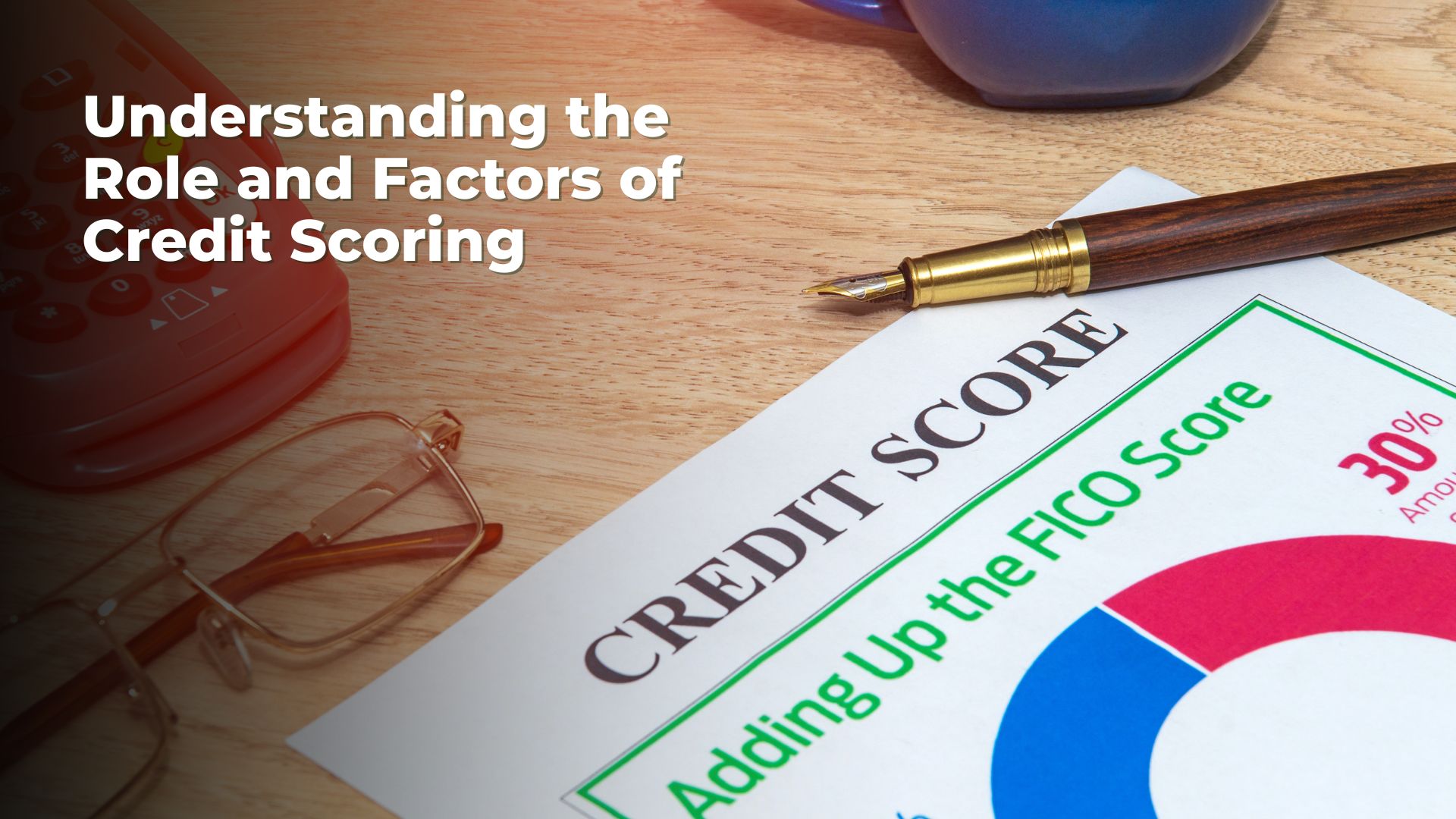

When you are in debt, you already have enough to worry about. At that time, the mere sound of continuous ringing phone calls from the collector can evoke instant anxiety and induce palpitation.
According to a Consumer Financial Protection Bureau (CFPB) report, 36% of consumers reported being contacted at inconvenient times. It implies that being the target of collection attempts is problematic, and facing debt collectors properly can require a significant investment of time and effort.
This article will explore the laws regulating the number of times debt collectors can call you in a day, the prohibited practices like placing repeated calls to annoy, abuse, or harass you, your rights as a consumer, and more.
You may not know what to do if a debt collector calls you several times in a short period over an unpaid debt. Fortunately, rules have been put in place to shield customers like you from being harassed by debt collectors.
In general, the Fair Debt Collection Practices Act (FDCPA), a federal statute that applies to debt collectors, protects customers from dishonest and abusive debt collection tactics. It limits the number of times debt collectors can call you in a day, mentions when they can contact you, and outlines how they must communicate with you.
Pro Tip: Several debt collection state laws similar to the FDCPA impose extra restrictions on debt collectors. To find out if you have any other rights that the FDCPA does not grant, consult your state's debt collection laws or an attorney.
Regulation F, which implements the FDCPA, was amended by a final rule that went into effect in late 2021. According to this rule, a debt collector must keep the following conditions in mind while calling a specific individual regarding a particular debt collection:
This ensures that multiple calls do not continuously harass consumers throughout the week.
Note:
Understanding when debt collectors can call you during the day is also important. Let’s explore that next.
The FDCPA clearly states that debt collectors can contact you between 8 a.m. and 9 p.m. in your time zone. This time restriction applies to phone calls, text messages, and other forms of communication.
The law also requires debt collectors to follow your instructions about when and where you don’t want to be contacted (for example, during weekends or at work if you’re not allowed to take calls there). Similarly, if you have legal representation for the debt (say, an attorney), the debt collector must speak with them rather than reaching out to you personally.
Moreover, if you ask them to stop, they cannot contact you by email, text message, or social media.
Also Read: Can Debt Collectors Call Me on Sunday: Knowing Your Rights
Apart from the above limitations, debt collectors must adhere to several other practices or actions. Let’s find out.
Are you being harassed and threatened by debt collectors for recovery? Let South East Client Services (SECS) help you understand your rights as a consumer facing debt collection. Our expert team is here to help you navigate and manage debt collectors the right way.
Despite these restrictions and prohibited practices, if you feel that you’re being disturbed continuously, feel free to exercise your consumer rights and take the required steps. Let’s find out how.
If you’re feeling overwhelmed by debt collection calls, you may take action to leverage several important rights under the FDCPA. Let’s dive in.

This infographic illustrates the key consumer rights and actions available to individuals facing unethical debt collection practices, emphasizing proper action steps.
You have the right to stop communication with a debt collector. If you no longer want to be contacted, you can send a written request called a cease and desist letter to the debt collector asking them to stop communication.
After receiving that, they can only contact you to inform you about certain steps, such as taking legal action or stopping collection attempts.
Did You Know? Sending a cease-contact letter may not be the best course of action. The debt does not disappear just because you stop a collector from contacting you. Instead, since the collector has no alternative means of getting in touch with you or collecting payment, a lawsuit may actually become more likely.
When you dispute a debt within 30 days, the debt collector needs to confirm it before pursuing collection. Additionally, you have the option to obtain comprehensive details regarding the debt, such as the original creditor’s identity and the precise amount owed.
Until they offer this verification, the debt collector must stop collecting and, hence, cease communicating with you.
You should notify the Consumer Financial Protection Bureau (CFPB) or the attorney general's office in your state if you think a debt collector has broken the FDCPA guidelines by calling you excessively or by engaging in any other unlawful activity.
If required, you may take legal action within the Statute of Limitations (one year from the date of the violation for FDCPA cases).
Also Read: Understanding Your Rights and Regulations when a Debt Collector Attempts to Collect
Consider speaking with an attorney if you need assistance facing an aggressive debt collector. An attorney can help you determine the best course of action for managing your debts, whether it is negotiating a settlement or addressing a lawsuit for nonpayment of a bill.
Under the FDCPA, once you have an attorney, the collector may only speak with them unless you grant the collector permission to do so or your attorney does not reply to the collection agency's communications.
Understanding how often and when a debt collector can call you helps protect you from harassment and ensures that debt collectors stay within legal boundaries.
The key takeaways to keep in mind are:
However, if you still feel understanding your rights is confusing or you have ethical debt collection requirements, South East Client Services (SECS) is here to help. Our experts follow debt collection practices that are compliant with the laws to help you resolve accounts without violating legal constraints.
Contact SECS today for expert guidance if you need help reporting debt collector violations or managing your delinquent accounts receivables decently.